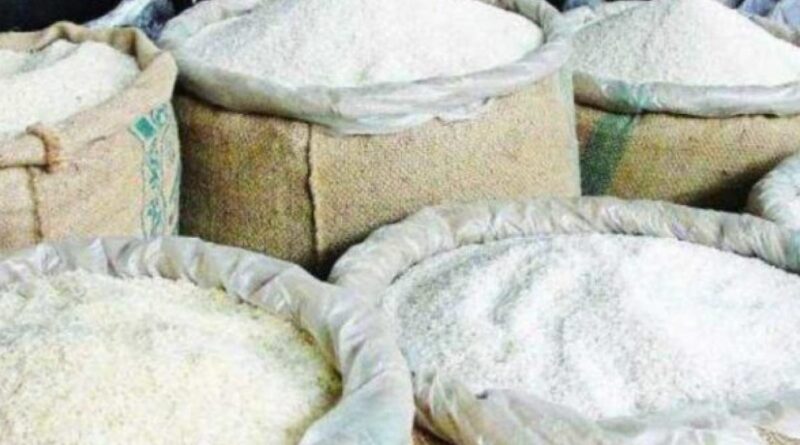Karnataka traders snap up Telangana paddy stocks for premium
At a time when there is a ban on export of rice and concerns over excess production in the state, paddy farmers of border districts of Telangana are reaping unexpected benefits of rain damage in nearby states.
Crop loss in their regions has led to traders from Karnataka and Kerala offering a premium to farmers from Mahbubnagar and Nizamabad for their paddy, with some even being paid an extra Rs 1,500 per quintal. For instance, while the MSP for last year’s stock was Rs 2,060, traders from Karnataka were willing to pay anywhere between Rs 2,700 to Rs 3,600 to the farmers.
“We never got such a pri ce earlier. We exhausted all our stocks about 20 days ago. Now, traders are offering even much higher prices to the lucky few who still have stocks left,” said farmer P Chenna Reddy from Darapally village in Mahbubnagar
Moreover, traders were willing to buy the crop directly from the farmers who otherwise have to spend about Rs 2,000 per load to take the paddy to government procurement centres.
Even the paddy with high moisture content was being procured by the traders.
This is really beneficial for farmers as we get to save money and traders or their agents are directly coming to us,” said Narsimha Reddy, a farmer from Chintakunta village in Mahbubnagar district.
“We have to maintain moisture standard when we take the paddy to procurement centres. But traders from Karnataka did not have any such conditions. They even purchased paddy with moisture content of up to 35%. This was a huge relief for farmers,” said Kodali Apparao, a farmer from Varni mandal in Nizamabad. The ‘Sona’ variety of paddy was much in demand in other states, according to traders.
“Last time, I had cultivated five acres. But now I am planning to cultivate another five acres,” said Saya Reddy, another farmer from Mahbubnagar. Paddy farmers of border districts are reaping unexpected gains of rain damage in nearby states at a time of export ban on rice and concerns over excess production.
This article has been republished from The Times of India.

